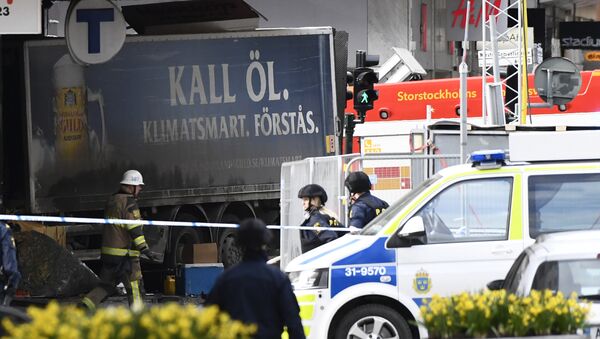"Attacks in Europe clearly reveal the active engagement of second and third-generation immigrants in terrorism. These incidents prove that the policies followed by Europe for the integration of migratory groups into the European society had no positive effect," Simeonidis said during the Moscow Conference on International Security that is taking place on Wednesday and Thursday.
He urged Brussels to introduce further integration policies based on reorientation of the education of migrants, as well as to control groups that spread intolerance and fanaticism.
"In addition, the interconnection of organized crime with terrorism is a dimension which worries us deeply. Mainly because such situation strengthens and financially supports terrorist entities," Simeonidis added.
Greece serves as one of the main entry points for migrants from the Middle East and North Africa who have been flowing into Europe in hundreds of thousands over the past several years, as they flee violence and conflicts in their home countries. Many European countries have introduced stricter border controls and have even constructed border fences in order to cope with the influx of migrants, while the European Union tries to elaborate a joint policy on the current migration situation.
Europe has recently seen a terror attack in United Kingdom which left five people, including the attacker, dead, and another in Sweden which claimed the lives of four people. Apart from that, an improvised bomb was found by Norway's police who subsequently carried out the controlled explosion of the device.
Never miss a story again — sign up to our Telegram channel and we'll keep you up to speed!



